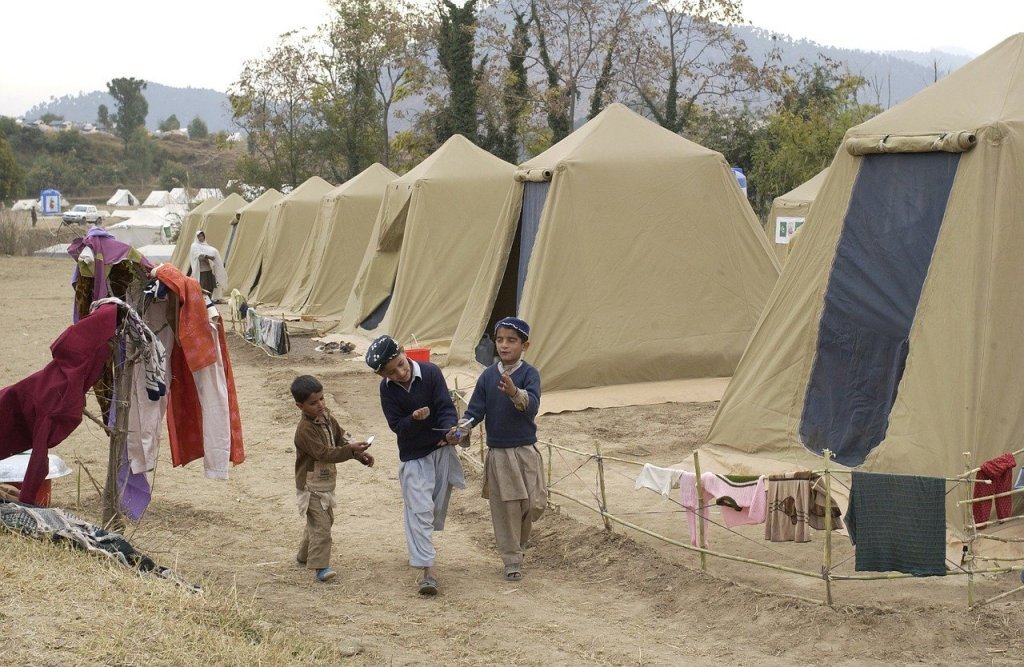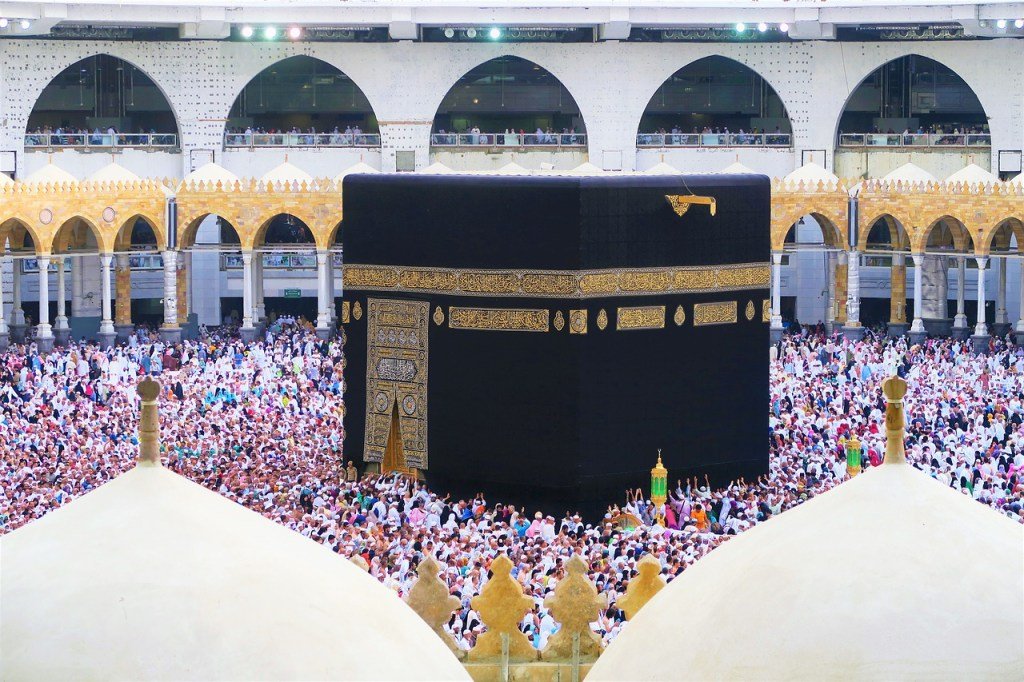Hijra: Historical Significance and Contemporary Relevance (Part II)
Sabr or Patience:
One of the most distinctive characteristics of those who emigrated from Makkah to Madina is their patience and forbearance. As a testament to their esteemed position, Allah says “And those who emigrated for [the cause of] God after they had been wronged – We will surely settle them in this world in a good place; but the reward of the Hereafter is greater, if only they could know” (Quran 16:41). In another aayah, it is said that “Then, indeed your Lord, to those who emigrated after they had been compelled [to renounce their religion] and thereafter fought [for the cause of God] and were patient – indeed, your Lord, after that, is Forgiving and Merciful” (Quran 16:110). Today, as ever, the importance of Sabr as we navigate our daily lives can cannot underestimated whether in the face of the Islamophobic prejudice that come with wearing the hijab for Muslim women or in other areas.
Taking Care of the Refugees:

The Hijra shows us that as Muslims, we should always try to take care of the needs of others especially those who are displaced by wars or other crises. As exemplified in the relationship between the ansaar (the host community) and the muhaajiruun (the refugees), selflessness for the sake of Allah is an important part of the Islamic faith and tradition. Those who hosted the displaced migrant and welcomed them into their homes have gone down in history as the helpers or the ansaar due to their selflessness. In reference to their deeds, the quran states “And let not those of virtue among you and wealth swear not to give [aid] to their relatives and the needy and the emigrants for the cause of God, and let them pardon and overlook. Would you not like that God should forgive you? And God is Forgiving and Merciful” (Quran 24:22). In another aayah, it is stated that:
And [also for] those who were settled in al-Medinah and [adopted] the faith before them. They love those who emigrated to them and find not any want in their breasts of what the emigrants were given but give [them] preference over themselves, even though they are in privation. And whoever is protected from the stinginess of his soul – it is those who will be the successful” (Quran 59:9).
Reaching out to help refugees remains one of the enduring lessons of the Hijra. At the end of the year 2021, according to UNICEF, there are 82.4 million forcibly displaced people worldwide. As Muslims, it is part of our obligations to help in different ways either by volunteering to host them, contribute materially towards them or help spread awareness to other people to help them. As part of our faith, we can also pray that Allah grants them ease.
Harnessing Divergent Views:
Another important lesson in the Hijra experience is in one of the contributions of Salmaan al Faris (-Roozbeh is his Persian name). His suggestion of digging a trench around Medina – a technique that was common among military experts of Sassanian origin proved effective. Despite his non-Arab origin, his exposure and experiences were instrumental and the prophet (Peace Be Upon Him) allowed him to express his ideas. This demonstrates that all forms of knowledge and sciences are useful and that a community will thrive better when it allows for cross-pollination of ideas by people from varying backgrounds regardless of ethnicities or skin pigments.
Allah Does not Forget His Promise:

Although the Hijra is a significant event on its own and the conquest of Makkah is a different event, the latter can be seen as completing a cycle that started with the former. The befitting end to the forced emigration of Muslims can be seen in the victorious entrance into the city of Makkah by Muslims after a series of events. As part of the lessons of Hijra, the victorious entrance of the Muslims into Makkah serves as a reminder that Allah’s promise of victory after perseverance and steadfastness is unquestionable. In the Quran, it is stated that:
“When comes the Help of Allah [to you, O Muhammad (Peace be upon him) against your enemies] and the conquest (of Makkah), And you see that the people enter Allah’s religion (Islam) in crowds, So glorify the Praises of your Lord, and ask for His Forgiveness. Verily, He is the One Who accepts the repentance and forgives. (Surah An-Nasr 110:1-3).
The Spiritual Aspect of Hijra
Another important aspect of Hijra is in its symbolic position in Islam. While the historical Hijra has ended and Muslims, in most countries are able to practice the religion almost everywhere today without open persecution on the same scale as that of Makkah, the spiritual aspects to it remain. In a hadith from the prophet, it is related that: Abdullah ibn Amr reported: A man asked, “O Messenger of Allah, which emigration is best?” The Messenger of Allah, peace and blessings be upon him, said, “To emigrate away from that which Allah disapproves…” Musnad Aḥmad 6774.
Greetings! This is my first visit to your blog! We are a team of volunteers and starting a new project…
What is Lottery Defeater Software? Lottery software is a specialized software designed to predict and facilitate individuals in winning lotteries.
exercitationem facere voluptas et quam in dolorum eum nesciunt at corrupti. suscipit eum ex voluptas sed distinctio commodi nam maxime…
Renew: An OverviewRenew is a dietary supplement that is formulated to help in the weight loss process.






My spouse and I stumbled over here from a different page and thought I should check things out. I like…